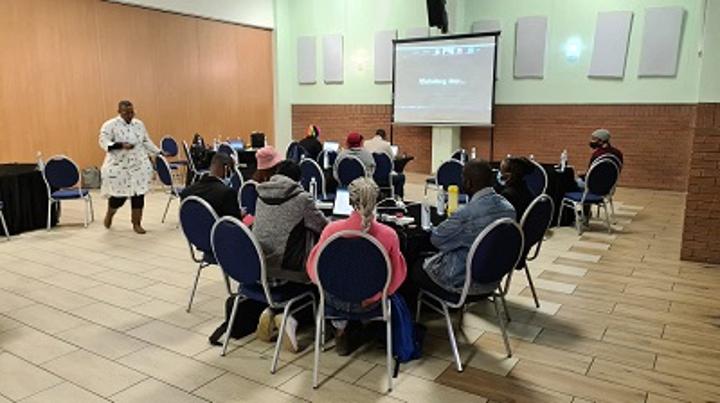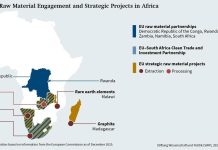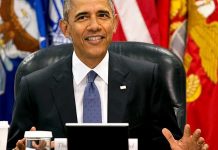Africa-Press – Lesotho. In an effort to build capacity for the citizens of Lesotho to organize and facilitate Internet Governance Forums (IGFs) at the national and regional level, the first of its kind Lesotho School of Internet Governance
(LesSIG) was launched in Maseru on Tuesday. Hosted by the Internet Society Lesotho Chapter together with the Ministry of Communications, Science
and Technology, LesSIG will offer an introductory course that is expected to go on until the end of this week (Friday) both virtually and physically. This course will be
followed by the First ever Internet Governance Forum on Saturday and the forum is expected to attract key speakers from the Ministry of Communications, Science
and Technology and other key stakeholders in the internet space in the country. Chairperson of Internet Society Lesotho Chapter Ithabeleng Moreke indicated that the aim of the school
is to bring together the government, stakeholders and citizens so that everyone is aligned with Internet Governance (IG). Moreke also pointed out that the
program will offer introductory course covering technical, economic, legal and contemporary social issues brought about by the internet. While officiating the
forum, Information and Communication Technology (ICT) Manager Lesotho Communications Authority Molupe Molupe expressed gratitude to everyone who attended the forum nationally and internationally.
He also conveyed that LesSIG is the first initiative of its kind to ever take place in the country and will offer stakeholders and citizens an opportunity to discuss public issues which
include cyber security issues and many other insecurities that the world experience over the space, to come up with models for control and regulation of
the world-wide web. The Internet Society Lesotho Chapter is an arm of the Global Internet Society and its mission is to promote the open development, evolution and use of internet for the benefit of
all people throughout the country. Internet Governance is the development and application by governments, the private sector, and civil society, in their respective roles, of shared principles, norms, rules, decision-making procedures, and programs that shape the evolution and use of the Internet.






